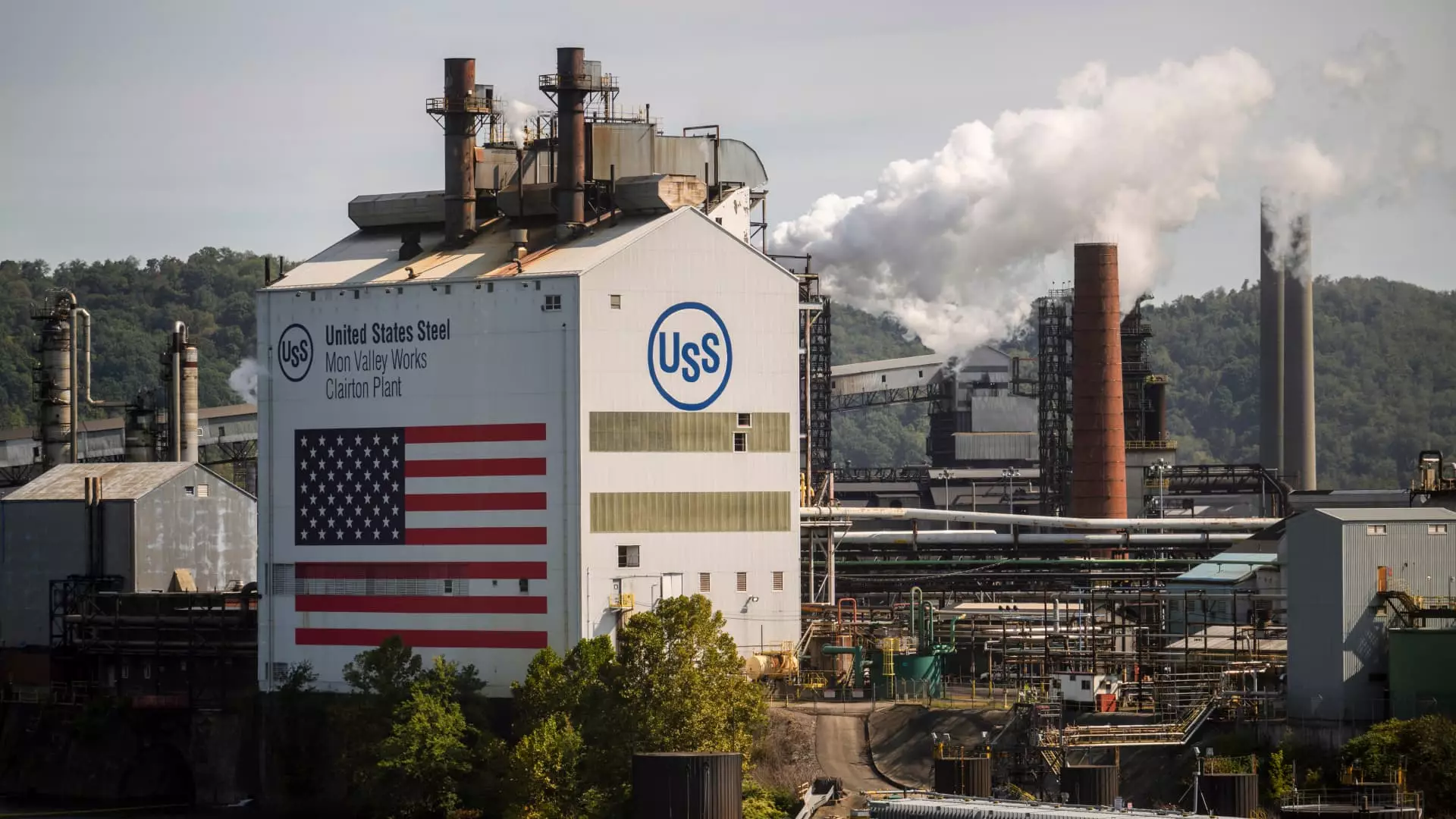The ongoing saga of potential mergers between U.S. Steel and Nippon Steel serves as a striking example of the paradoxes inherent in American economic policy. After the initial rejection of this merger by the Biden administration, the Trump administration’s recent filing to extend deadlines in the lawsuit filed by these two companies raises critical questions about who truly holds the reins of our national security. The intricate relationship between foreign investment and national interests becomes a poignant focal point in these negotiations. If the Trump administration’s glimmer of approval for Nippon Steel’s involvement comes at the cost of stringent national security measures, what are we willing to risk?
Government Overreach vs. Corporate Freedom
At the heart of this issue is the delicate balance between governmental oversight and corporate privation. The Committee on Foreign Investment in the United States (CFIUS) serves as a safeguard against potential threats to our economy and infrastructure. Yet, as the Trump administration camps on this slippery debate of extending deadlines, one cannot help but feel that corporate interests are once again asking to ride roughshod over democratic processes. The crux of the lawsuit is based on claims that the Biden administration’s actions were prejudiced—an allegation that raises the specter of political manipulation in favor of union support. Shouldn’t our priority lean toward safeguarding economic security rather than playing political chess?
The Union Dimension
The role of labor unions, such as the United Steelworkers (USW), has not only been crucial in facilitating negotiations but also serves as an illustration of the undercurrents of populism influencing policy. Biden’s reputed motive of courting the USW to secure votes in Pennsylvania reflects a keen awareness of local dynamics, yet it also highlights potentially insidious political motivations behind economic decision-making. In essence, does a president’s desire to seek re-election justify leaning toward union favor over comprehensive scrutiny of security risks? This paints a rather disconcerting portrait of our democracy, where the lines blur between genuine national interest and opportunistic politics.
International Implications: A Fragile Future
The possibility of Nippon Steel buying into U.S. Steel carries significant implications not only for American workers but also for international relations. As Japanese corporate interests weigh heavily in these negotiations, the erosion of boundaries in investment dealings could signal an alarming future where American sovereignty is compromised. The introduction of foreign capital must be scrutinized with an eye not just toward profit but also toward maintaining our economic independence. If Trump’s administration cavalierly proceeds without adequate checks, we may witness a slow dissolution of the very fabric that preserves our national interests.
A Question of Fairness
The notion that U.S. Steel and Nippon Steel deserve a fair review broaches the question of fairness in economic legislation. While companies rightfully seek opportunities for growth, it’s essential that they do not sidestep scrutiny meant to protect foundational security frameworks. As the DOJ’s filing suggests that more time is needed to consider the merger, we must contemplate whether such an extension signals an unsettling trend towards capitulation to corporate agendas cloaked in the guise of international friendship. Is it fair that we place corporate ambition ahead of our national integrity, all for a tangled web of profit and convenience?
In summation, the interplay between Trump’s steel merger initiative and national security raises considerable alarms about where allegiance lies in the shaping of policy. The stakes are indeed high, and proximity to corporate preferences can erode the very tenets of our sovereignty.


Leave a Reply